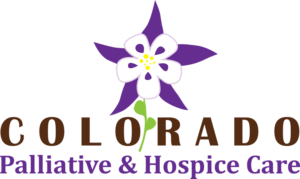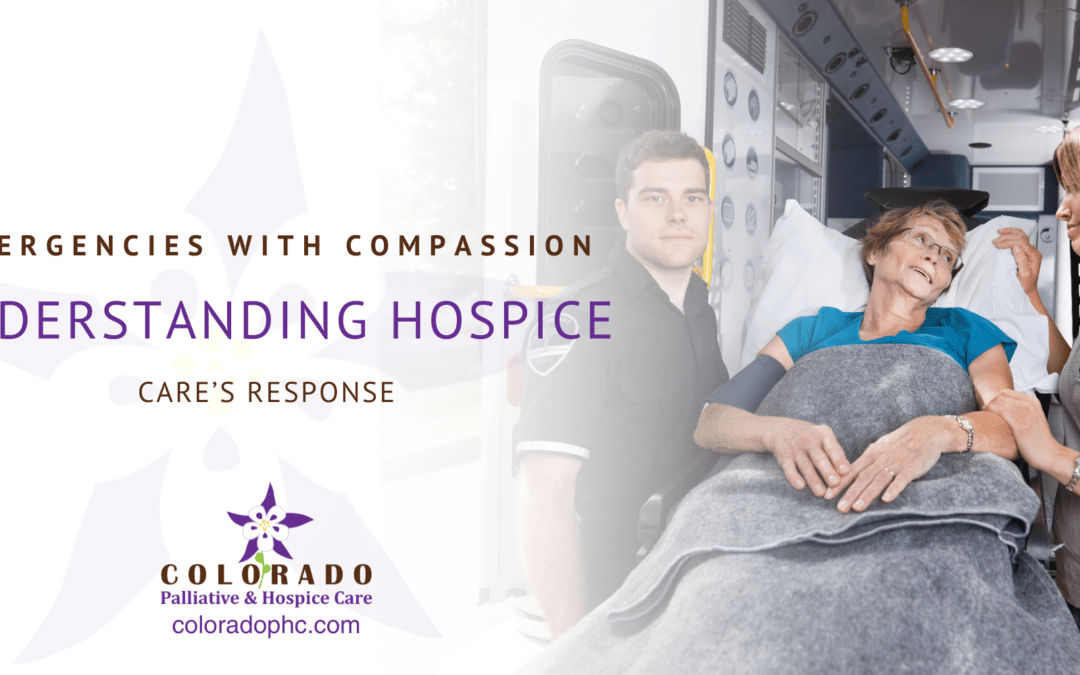Navigating emergencies during hospice care can feel overwhelming, and it’s natural to have concerns about how these situations will be handled. Hospice care aims to provide comprehensive support, even during emergencies.
Let’s explore how emergencies are dealt with, the availability of calling 911, and the level of care provided in home hospice settings to ensure your peace of mind.
Emergency Preparedness and Planning
Hospice care is designed to support individuals and their families during the end-of-life journey, including moments of crisis or emergency. As part of the hospice team’s commitment to comprehensive care, they work closely with you and your loved ones to create an emergency plan. This plan outlines steps to take in different scenarios and identifies the appropriate measures to ensure your safety and well-being during emergencies.
Calling 911: Access to Emergency Services
In case of an emergency, you can still call 911 while under hospice care. Hospice providers understand that emergencies can arise, and your safety is paramount. They encourage you to reach out for immediate medical assistance when necessary.
However, it is also essential to inform your hospice team of any emergencies so that they can coordinate with the emergency responders and provide the necessary support. Open and transparent communication ensures that you receive complete and holistic care, even during critical moments.
Often, hospice patients desire to spend their final moments in the comfort of their own homes. However, the weight of their symptoms, the worsening of these symptoms, or the concerns of their caregivers may lead them to seek assistance by calling 911. At times, a visit to the hospital emergency room can signify a turning point in someone’s illness, indicating a faster decline in their health. It is worth noting that around 75% of older adults facing serious, life-limiting illnesses choose to seek care in a hospital within their last six months of life.
Coordinated Response and Rapid Assistance
During emergencies, your hospice team works diligently to facilitate a rapid response. They collaborate closely with emergency services and healthcare providers to coordinate a comprehensive approach to your care by:
- Sharing important medical information.
- Addressing your specific needs.
- Providing guidance to emergency responders.
The hospice team ensures that every effort is made to meet your unique requirements in a timely and compassionate manner.
24/7 Support: The Role of Hospice Care at Home
Choosing home hospice care does not mean that someone will be physically present at your home 24/7. However, rest assured that hospice care aims to ensure continuous support, day and night.
Your hospice team will provide detailed instructions on who to contact and what steps to take during emergencies when professional assistance is required. They are available around the clock to address your concerns, answer questions, and provide guidance, ensuring you never have to navigate difficult situations alone.
The Comfort and Solace of Hospice Care
Hospice care is all about providing comfort and solace during challenging times. In emergencies, the expertise and experience of your hospice team play a vital role in managing the situation while ensuring your physical and emotional well-being. Their presence brings comfort and reassurance, supporting you and your loved ones every step of the way.
Reach Out for Support
As you navigate emergencies during hospice care, remember that you are never alone. Your hospice team is dedicated to providing compassionate support and comprehensive care, regardless of the challenges you may face.
If you have any concerns or questions about emergencies or the level of care provided, don’t hesitate to contact your hospice provider. Their expertise and commitment will guide you through difficult moments, ensuring comfort, solace, and dignity.
For more information, read more FAQ’s in our article on other frequently asked questions in hospice care.
Need help? Contact us at Denver (303) 727-5709, Front Range (720) 545-0800, or Colorado Springs (719) 419-5595.

